After scoring for Egypt against Saudi Arabia, Mohamed Salah hardly celebrated.
The contours of his desperation were fully on display as he meekly bowed his head to the pitch in honour of his Muslim faith - something the English Premier League’s breakout star has become known for.
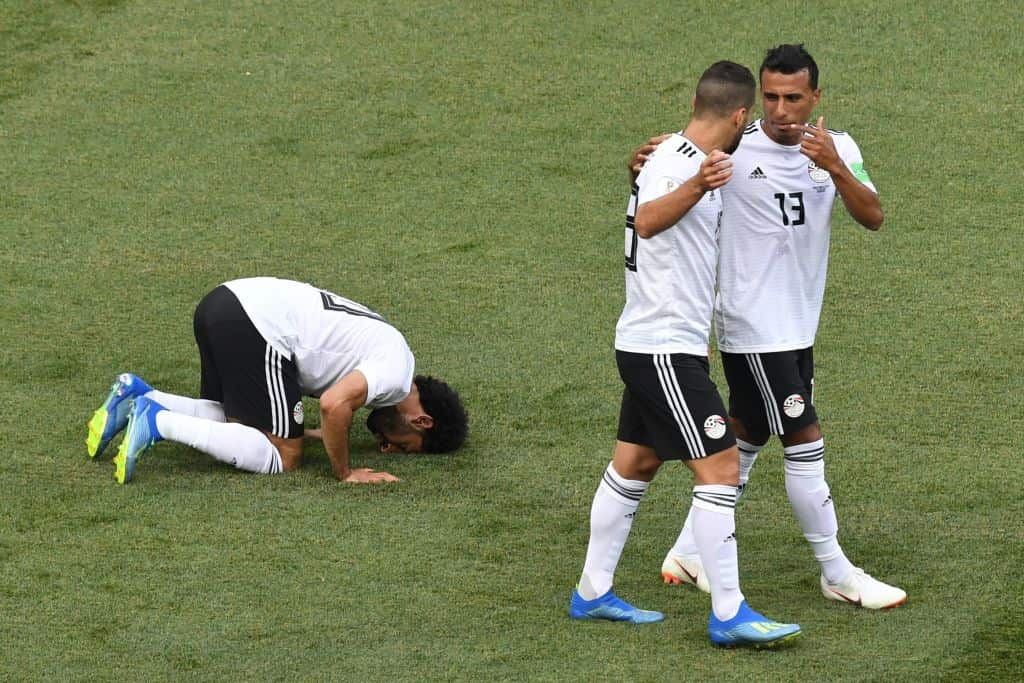
The 26-year-old Liverpool striker, affectionately known as Mo Salah, was voted the EPL’s best player last season, but he picked up an injury coming into the World Cup. He played on valiantly in a relatively easy group, but the national side lost all their matches and were put on a flight home.
Now, Egyptians are incensed with an ill-fated campaign marred by political disasters - squarely blaming the country’s governing football body.
“Salah was under immense psychological pressure carrying the hopes of an entire nation. We had a star in our squad and we squandered the opportunity through ineffective management,” Egyptian fan and lawyer Ahmed Gamal, 26, told SBS News.
We had a star in our squad and we squandered the opportunity.
“He was forced into the political whims of the football association and this showed on the pitch. He was unable to perform as he usually does with all the distractions.”
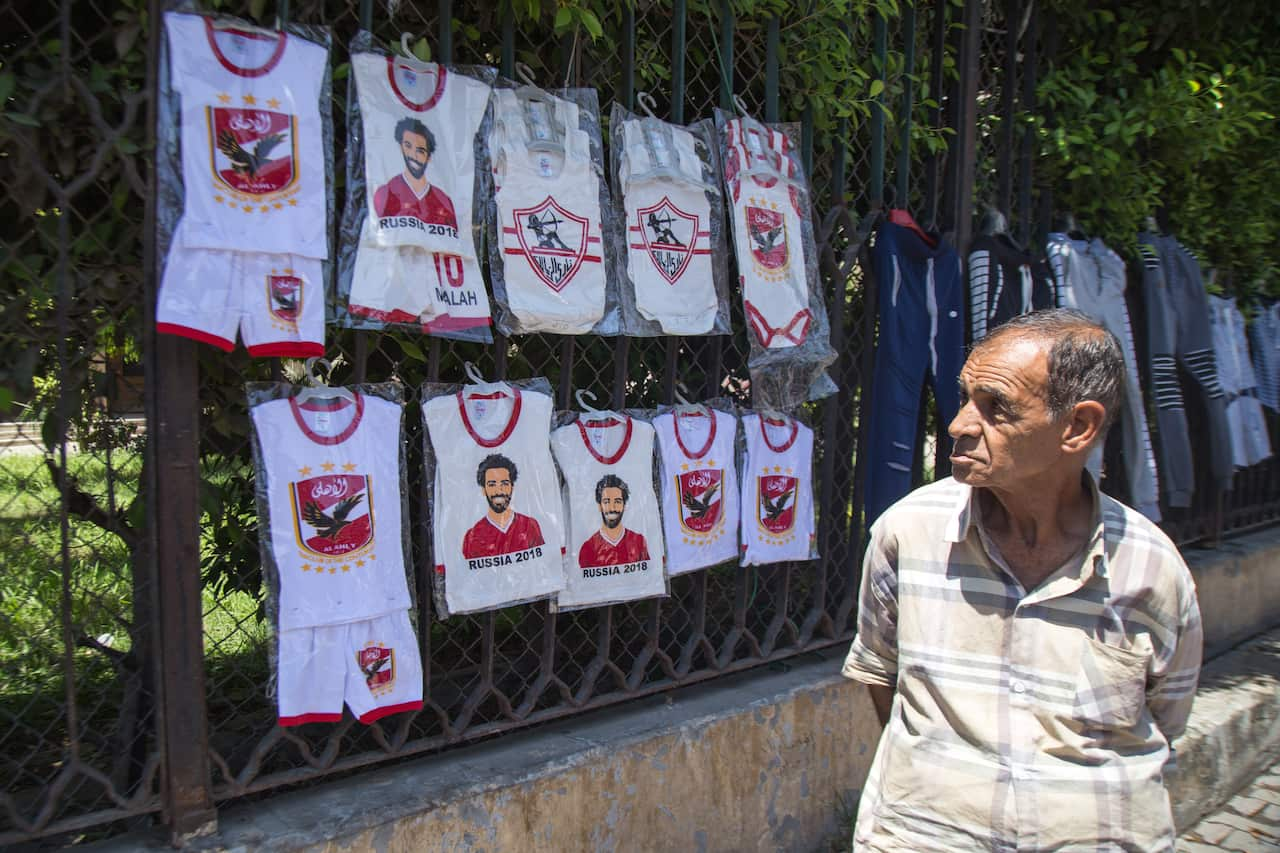
It began when the Egyptian Football Association (EFA) controversially chose the Muslim-majority region of Chechnya as the team’s base. Its leader, Putin-backed Ramzan Kadyrov, has been accused of a string of human rights violations including a vehement anti-gay crackdown, and seemingly used Salah to polish his image.
Reports emerged that Mr Kadyrov, in an effort to bolster his standing, woke Salah up from his hotel bed to join him in an eerie lap of honour around a stadium in the Chechen capital Grozny.
He also granted Salah honourary Chechen citizenship this week, much to the dismay of human rights groups, who accused him of whitewashing the accusations against Mr Kadyrov.
Will Salah retire?
Sources close to the footballer have indicated that he is now considering quitting the national team over his disappointment at being used by the EFA and the barrage of criticism he received. Coach Hector Cuper has already resigned.
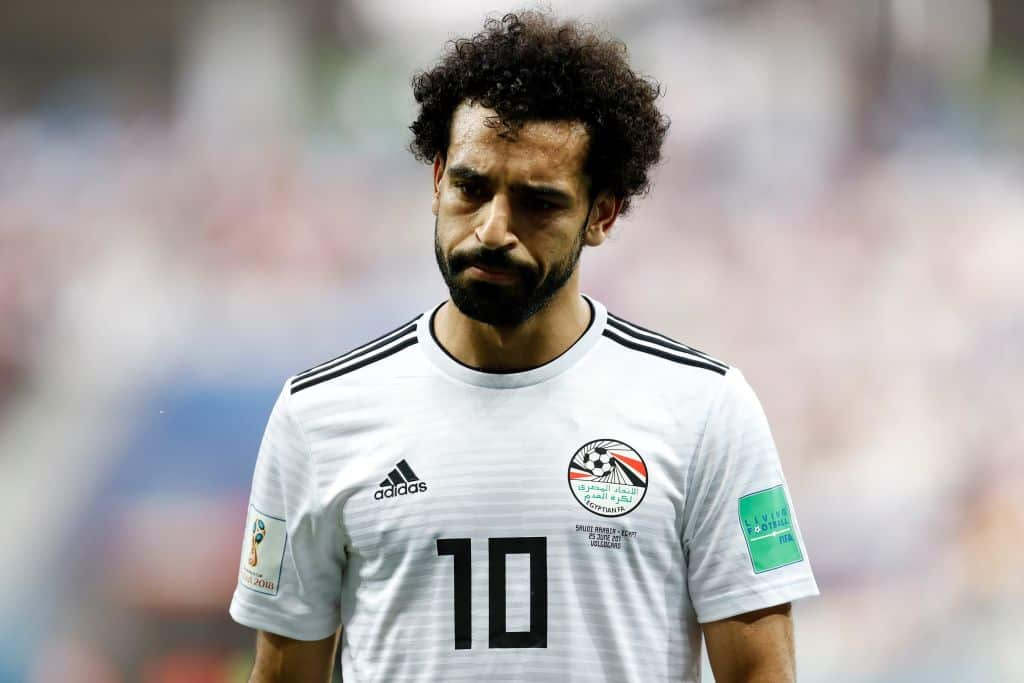
But the EFA, in a boisterous press conference, flatly denied that Salah was upset with the Chechen leader’s publicity stunt and said he would continue to represent his country.
Football analysts including Mohamed Beshir think it could be time to quit, saying Salah’s brand as a global football star has been diminished.
“Salah is in the league of Ronaldo or basketball great LeBron James. He is in essence on the level of a president of a country. He should be able to tell Kadyrov 'I am not doing this',” he told SBS News.
Salah is on the level of a president.
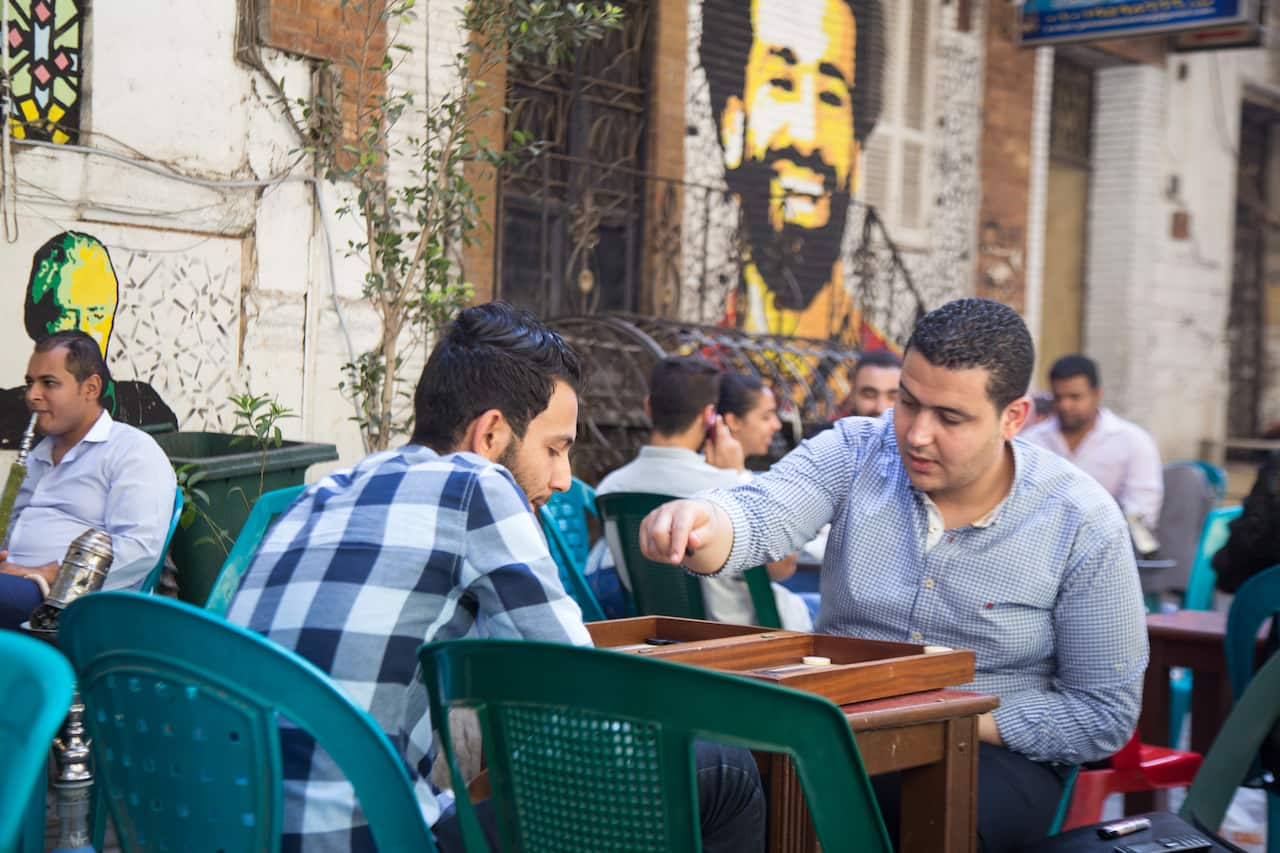
Beshir, a prominent blogger who authored a book on hardcore football fans the Ultras in Egypt, said: “This episode is sadly reflective of everything that is happening in Egypt. Salah needs a life coach of sorts to deal with Egypt because any scandal has global resonance now”.
Tragic past
Football in Egypt is intrinsically political. Fans were prevented from attending local matches for several years after violent clashes following the 2011 revolution resulted in deadly incidents at stadiums.
In 2012, 74 fans were killed in Port Said after the ruling military regime allowed rival fans to invade the pitch. Security forces fired live rounds and tear gas causing a stampede.
Similarly, 22 people were killed in a stampede outside a Cairo stadium when security forces stopped fans from entering a match.
Since then, a ban on fans attending domestic matches has been in place and several Ultras - who were instrumental in mobilising young people in the revolution that unseated longtime autocrat Hosni Mubarak - have been imprisoned.
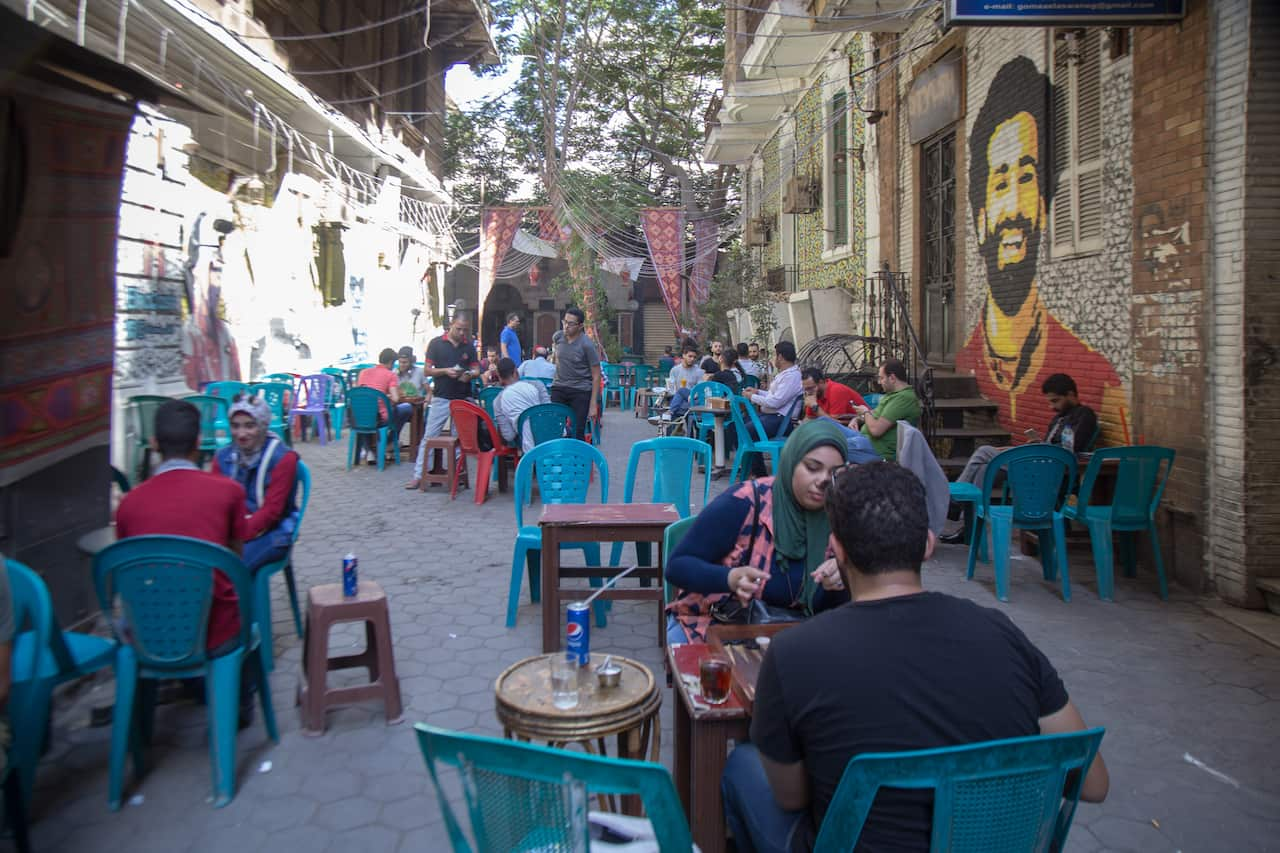
Egyptian man Ashraf said he saw no drive from the national side in Russia.
The artist, who works next to a mural of Salah in Cairo’s city centre, doesn’t claim to be an avid football fan but says he was keen to see how Egypt would perform in the World Cup after a 28-year absence.
“There was no beautiful play or enjoyment. They just went out there without a purpose,” he said.
“If you compare Egypt to how Morocco played, for example, they were aware that they were on the biggest stage for football and fought until the last minute.”
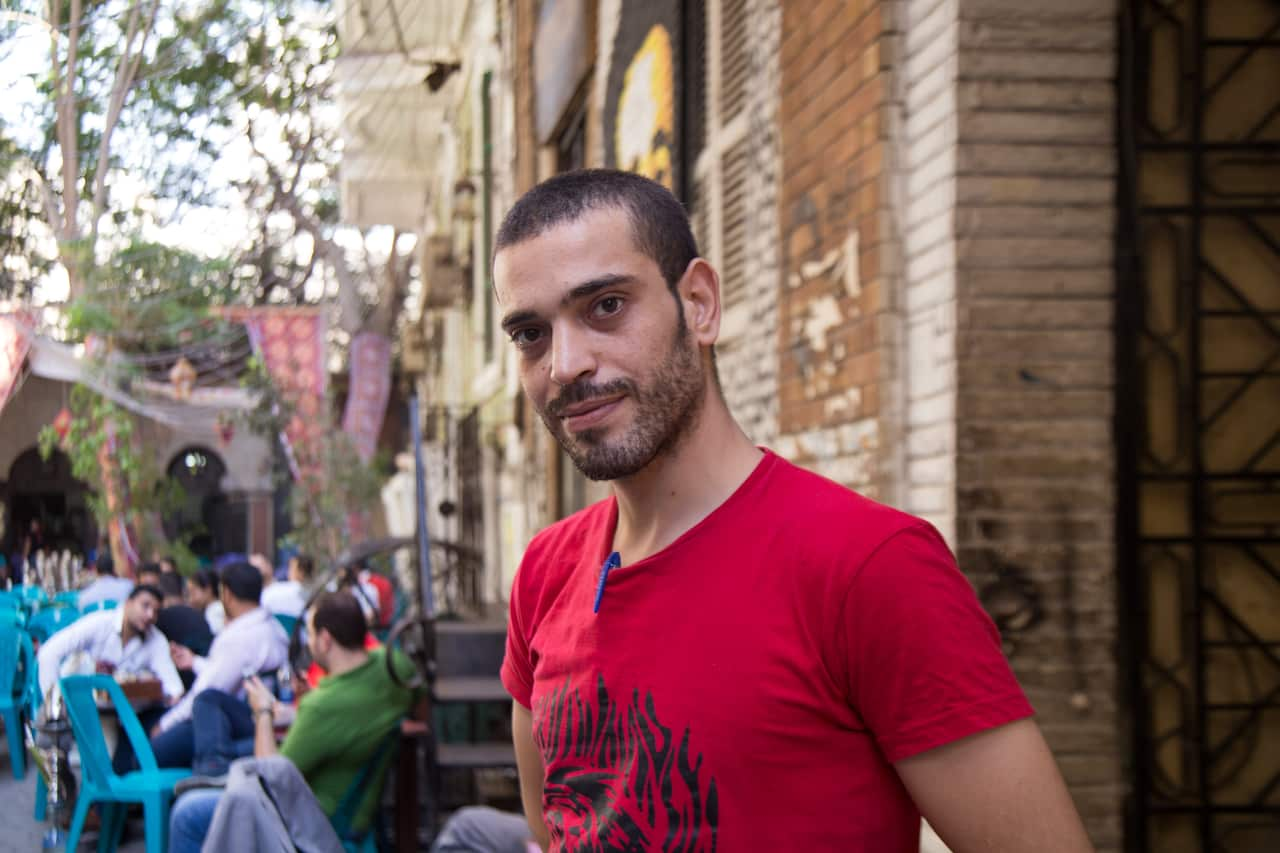
Football analyst Beshir compares the Salah situation and how local football has been curbed, to how Egypt is governed.
Under President Abdel Fattah al-Sisi, who has been in power since unseating former Islamist president Mohamed Morsi in July 2013, subsidies have been slashed. It has driven up prices of fuel, electricity and water, the latest of which came during the first week of the World Cup.
With Egyptians squeezed economically and politically, and a brutal crackdown affecting life more than ever before, the World Cup was seen as a welcome distraction. Until Egypt crashed out.
“There is a collective hopelessness. There is a knife on your neck and Egyptians are unable to enjoy the national pastime with the lack of organisation and discipline needed to be in the World Cup,” Beshir said.
“[Instead] people have become apathetic and are just going on with their daily lives.
“Football has been ruined for the fans - it’s not theirs anymore.”

